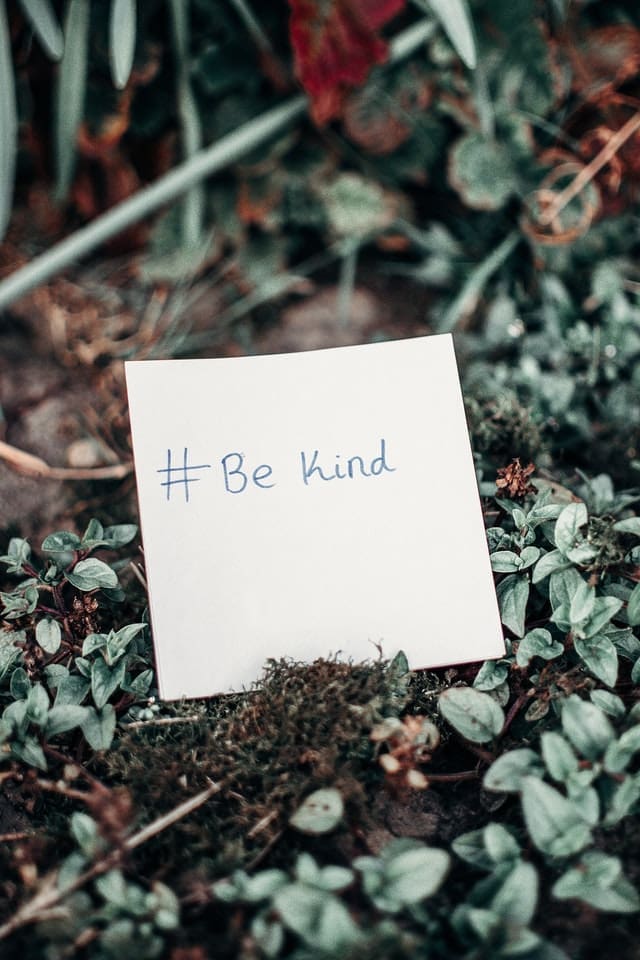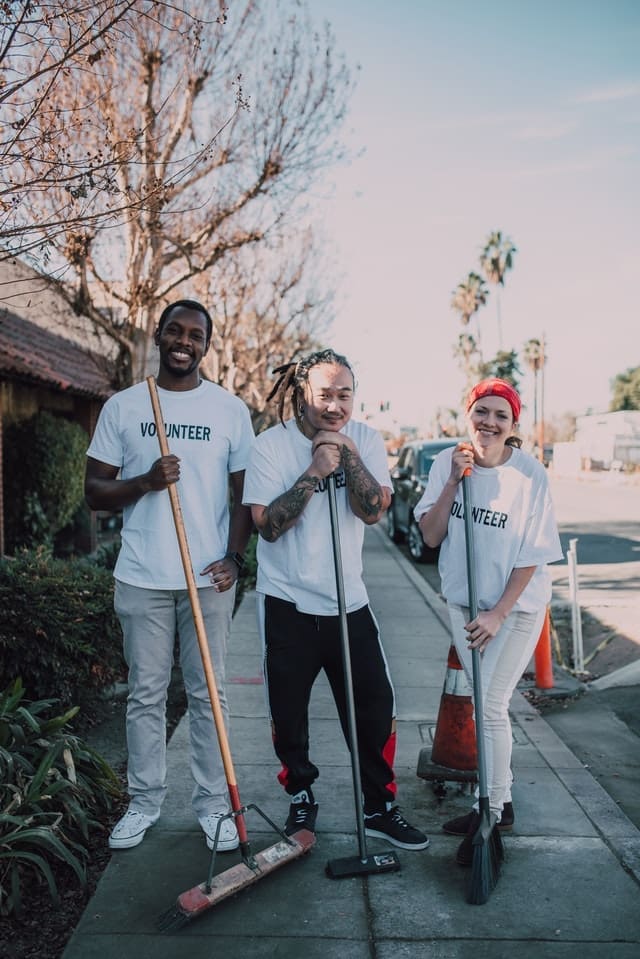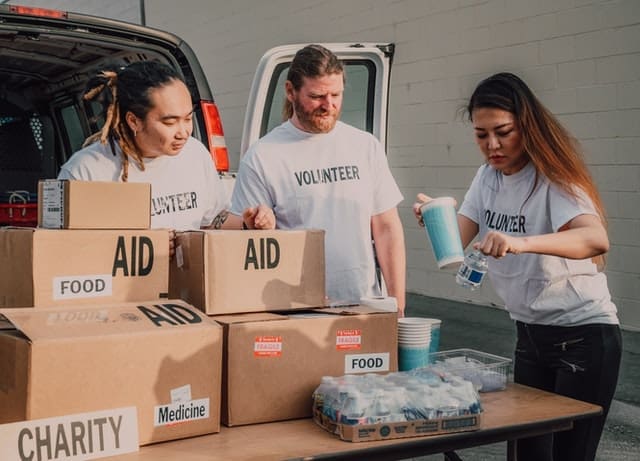While it might not always seem like it, we all have the power to individually make an impact. There are many avenues a person can follow to promote lasting social change, from volunteering at food banks or fundraising for a non-profit organization.
However, with the sheer volume of global issues we are continually presented with via the news or the internet, many people struggle to believe they can make a difference. Individuals cannot trigger lasting social change on their own, but by working with others to promote change one day at a time, we can all have an individual impact.
If you want to do your part in making the world a better place, continue reading to learn more about how one person can promote long-term change.
Can Individuals Really Make a Difference?
Over the entirety of human history, individuals have been questioning their purpose in life and whether they can create meaningful change. While these questions are often existential in nature, they point to the desires of humans as a species to improve and innovate on current situations. In fact, this desire has repeatedly contributed to the efforts of individuals to deliver social innovations and make a tangible mark on the world.
Despite the long history of innovation and individual, societal impacts, many people struggle to see how their efforts can make a difference on a global scale.
Often, there is a problem with the scope when people consider their abilities to impact lasting social change. Sure, as individuals, we might not be able to make a difference on a global scale, but we can influence change more locally. Of course, this might not have the same impact as wholesale societal changes, but when individuals take action, they will often inspire others to do the same.

Research has shown that when we help others, people around us are more likely to act similarly. Kindness breeds kindness, and this is also true for altruistic actions. The more time or resources we give to influence social change as individuals, the more society will do so as a whole. While the overarching impact of your actions might not be immediately apparent, everything you do will help to influence lasting change.
Begin With One Person or Action
Almost everyone would like to make a tangible difference to society and the lives of others. We are more or less hardwired to want to improve the lives of those around us or who we hold dear. Altruism is part of what it is to be human and is a cornerstone of society. Without helping others, we would never have developed into the species we are today. This innate desire to help those in need drives people to dedicate their time and resources to something more than themselves.
However, making a meaningful difference doesn’t always have to be grand in scale. In fact, making a lasting change often begins with a single action or by helping one person. Broad social change can take months or years to become apparent, but helping individuals can often change the world for that one person. Each time you partake in activities designed to help someone or a cause, you are triggering a butterfly effect that could continue to impact lives for generations to come.
If you’re unsure about what you can do to help others, it can often help to consider the things you are skilled at. Everyone’s lives are different, and we all possess different talents and areas of expertise. By applying your life experience and skillset in an altruistic manner, you can make a tangible difference that could spread and influence a change in society.
You could also launch an advocacy campaign to promote your vision for lasting societal change. In doing so, you can develop a mission and goals that others can rally behind. This can change the scope of your charitable acts and push for wholesale change throughout society.
Giving Back Can Benefit You


When people give back to their community, their primary goal is usually to help others selflessly. However, by volunteering, doing community service, and generally assisting those around us, we stand to benefit on a personal level. Our physical and mental health all stand to benefit from charitable actions.
Happiness can often be hard to come by in the society of excess and consumerism we live in. What makes people happy is a widely discussed and hotly debated topic among psychologists and social scientists. However, there is evidence that often, happiness stems from making time for other people. Studies have shown that Americans that volunteer multiple times a week rank themselves as “very happy” on average. This is likely due to the sense of fulfillment helping others brings to their lives.
Physical health can also be affected by helping out in your community. Research has shown that older people who regularly make time to help others will live longer on average than those who don’t. While many other confounding factors could explain this variation, it has been suggested that the longer lifespan could be due to lower levels of stress and depression among those who willingly volunteer their time.
There is also something more intangible about giving back to your community – it can help give you a sense of purpose and belonging. While this is hard to quantify, those that do their bit to promote social change often feel a sense of purpose and have more meaningful relationships in their lives.
Conclusion
In summary, we all have a responsibility to help those in need in our communities and on a larger scale. While it can be difficult to see the ramifications of individual actions, creating a culture of altruism requires small deeds. Lasting change generally doesn’t come about due to a single event but gains traction over years and generations. As such, our actions might seem small, but they all contribute to the wider society we live in.
Featured Photo by RODNAE Productions from Pexels




